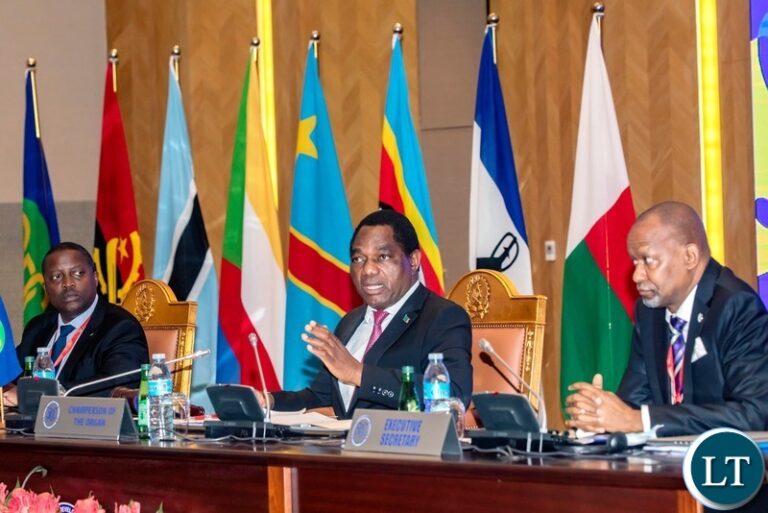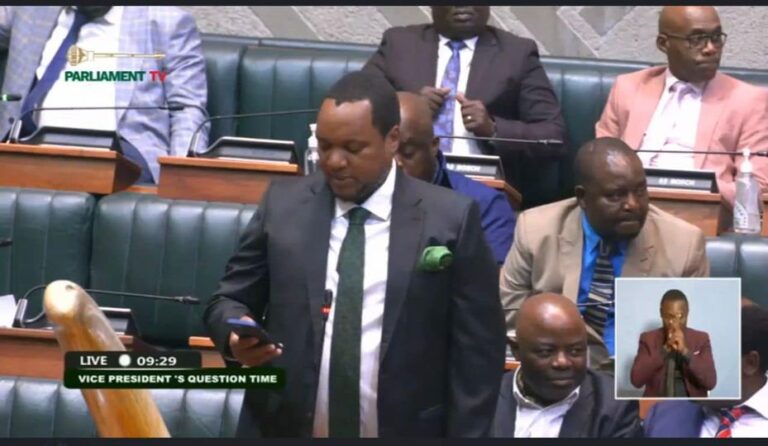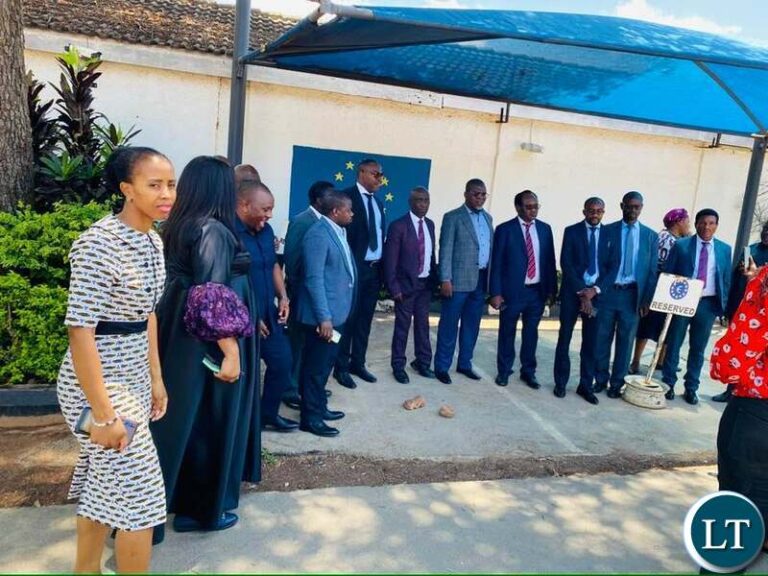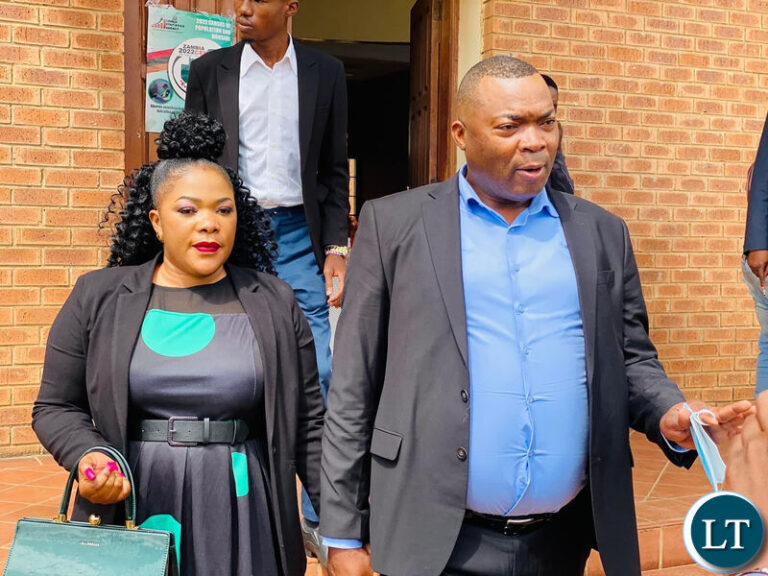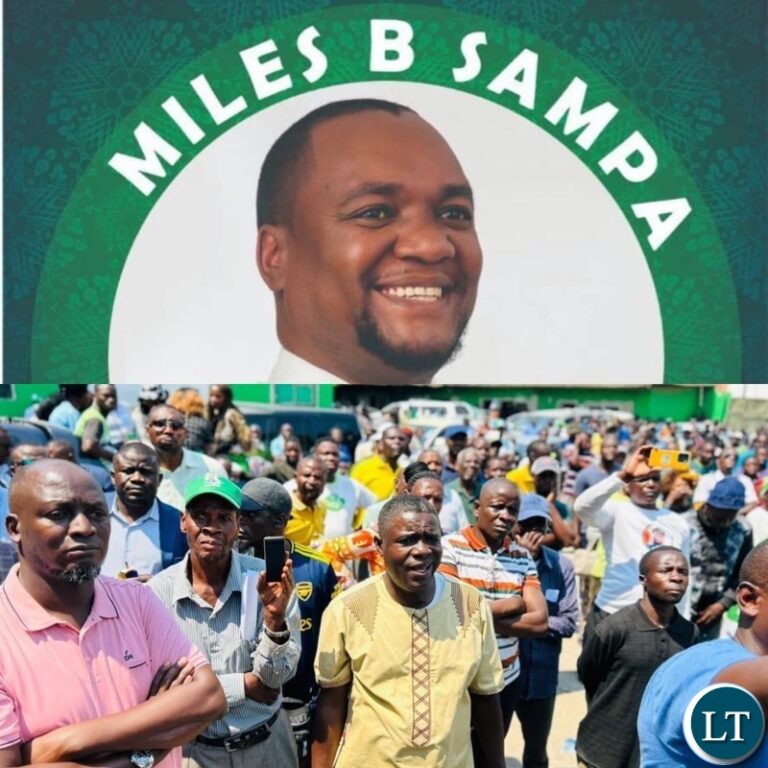As the big boat fast made its way to the harbour, the villagers ululated, cheered and danced joyously. The boat had finally arrived……with promises of solutions to their squalor and poverty. Kapitao offloaded countless bottles of Jameson from his cabin and asked his kandiles (hangers-on) to distribute them accordingly. It was a night of binge drinking…….they partied and danced well into the night……..
Unbeknownst to them, although those from the boat walked on two legs like the rest of them, their characters actually represented the worst of beasts, creatures and serpents one would think of…….. crocodiles, wolves, hyenas, jackals, warthogs, foxes, vampires,rabid dogs, vultures, cobras, pythons and scorpions! It was just a matter of time before they came to this realisation.
One night; once the villagers had long retired, the beasts, creatures and serpents stealthily crept into the kraal. They prowled around tirelessly until they finally found what they were looking for…….it was one of the finest in the kraal, a well fattened heifer renowned for its soft and tender beef. Their hearts were filled with glee!
The cobra immediately sprung up and sprayed its venom into the heifer’s eyes. The heifer mooed and bellowed helplessly as the venom took effect. As if on cue, the scorpion swiftly crawled from hiding and stung it on the udder……..draining all of its milk. The calf collapsed on its knees, reeling in excruciating pain. Once the calf was rendered completely visionless, they were trampling all over themselves to have their equal shares. As the vulture swept from atop a tree and gorged out its eyes, the hyena systematically dug its teeth deep into its cavity and tore off its heart while the jackal viciously snapped off a good part of the chuck.
When the beasts realised the python was literally trying to swallow the entire heifer as its head was already halfway into its mouth save for its horns, the rabid dog went for its tail and pulled it violently as the crocodile, fox and the wolf faught over the flank and hinds. In the meantime, the warthog ripped off its stomach and gobbled up the fodder while the vulture observed the proceedings with keen interest as it feasted on the eyes.
As the sun danced its way out of hiding on the Eastern horizon to take over from the moon, the beasts, serpents, creatures and vultures vanished in thin air before villagers could discover them. Everything was gone! The vulture had done a better job gathering every bit of left overs while the vampire had leaked every drop of blood.
Initially, the villagers couldn’t notice there was anything amiss in the kraal and went about with their chores. However, the beasts, serpents and creatures kept coming back under the cover of darkness to plunder the kraal as the villagers were lost in deep slumber. This was to go on for some good 7 moons until the villagers started paying attention to what Kachema, who was domiciled South of the village, had been saying all along.
“Those from the boat are plunderers…..thugs!” he would often remind those who cared to listen. “Look at what they’ve done to the kraal…..all the choice cows are gone! Unless we kick them out immediately, there’ll be nothing left in the kraal!”
One by one, they started having a change of heart…… perhaps Kachema was right after all….. As the month of August came calling, they bestowed on him custodianship of the kraal…..to protect it from further pillage.
Immediately the beasts, creatures and serpents learnt of this development, they scampered in different directions. Fearful Kachema might go after them and grab all the meat from them, they burried some of it in the ground. While a number of them still hid in the boat as it sailed around aimlessly, a few of them skipped borders and took refuge.
They waited with abated breaths in their hiding places as time elapsed……careful enough not to make any noise lest they infuriated Kachema. Now that they could no longer enjoy the spoils from the boat, pangs of hunger started biting them severely. As Kachema took long to round them up and take them to Chimbokaila where they could enjoy free beans instead of stollen beef, they finally emerged from hiding and started clamouring for attention. They’d become bolder by the day…….at times even daring Kachema.
“Ever since this Kachema instigated our eviction from the kraal,” you’d often hear them complain. “We can’t even enjoy a decent meal!”
They eventually resorted to jogging in the morning at Kapitao’s residence to rid themselves of frustration and stress. And whenever time allowed, they found themselves in the Synagogue where the papas comforted them and prophesied whatever they imagined God was revealing to them in their dreams about their return to the kraal.
They soon concocted a plan to meet at the grave where Kapitao was to make a declaration he was stepping back in the captain’s cabin since he had pretended to resign.
When the Matero mafia caught wind of this, he used ‘imingalato’ and grabbed the keys to the boat and locked it before the beasts, creatures and serpents could get in.
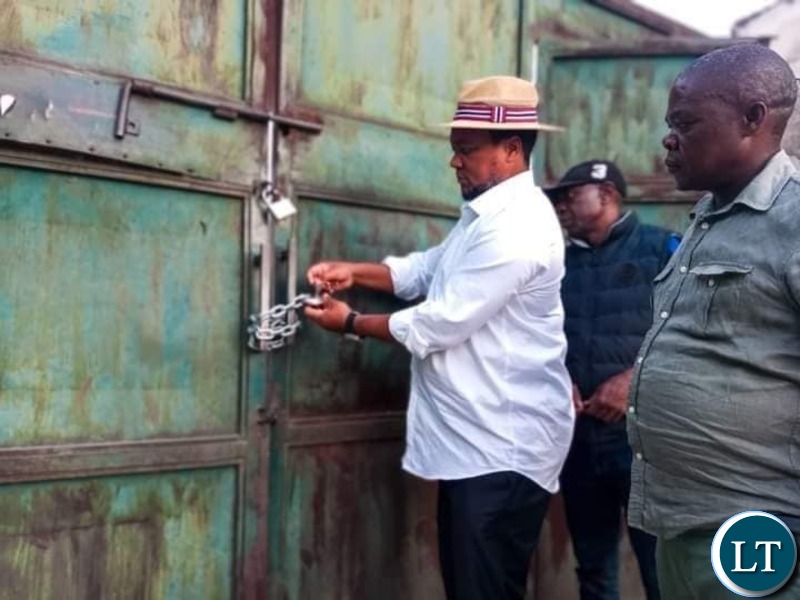
Prince Bill M. Kaping’a
Political/Social Analyst





